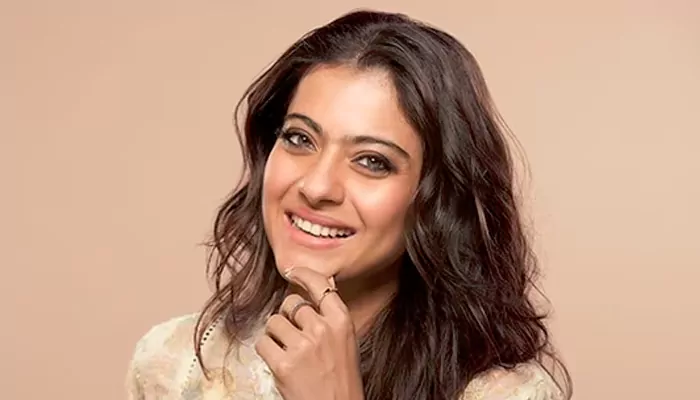
Celebrating the actor who taught us to feel before we perform
It’s Kajol’s birthday, and we’re celebrating not just a star, but a singular force known for breaking norms. For over three decades, Kajol has demonstrated that feeling deeply is more important than conforming to any mold. Her mix of realness, intensity, and joy changed what we expect from a screen presence. Today, we focus on why Kajol’s authenticity continues to stand out.

Before we talk about iconic dialogues, let’s start with her unmistakable laugh. Loud, sudden, and entirely unapologetic, it broke every idea of “graceful” screen presence actresses were expected to have. In Kuch Kuch Hota Hai, her tomboy charm wasn’t just cute—it was a revolution in how women could be portrayed. She wasn’t playing sweet; she was just being herself.
Kajol’s laughter isn’t limited to her characters. Off-screen, she’s just as quick to crack a joke or throw her head back mid-conversation. That rare comfort with being goofy—even when cameras are rolling—is part of her enduring charm.

But Kajol brought not just warmth, but intensity to her roles. In Gupt, she became one of Bollywood’s most surprising female antagonists—a performance both bold and deeply effective.
Her performances consistently strike a balance between laughter and heartbreak, grounded in emotional truth. In My Name Is Khan or We Are Family, her anger feels raw, not forced. She moves from joy to pain seamlessly, always honestly.
What’s most refreshing about Kajol is her refusal to play a role off-screen. She’s candid in interviews, fiercely private when needed, and never afraid to be herself. She’s spoken about motherhood, mental health, and the choice to step away from films—not with PR-polished soundbites, but with honesty.
She often talks about how she doesn’t see the point in being politically correct. She’s even joked about how her husband’s family was relieved to have someone “finally talk at the dinner table” after she entered their lives. That kind of self-deprecating humour, laced with truth, is rare in celebrity circles.
Kajol never chased numbers. Her filmography is smaller compared to her peers, but it’s packed with memorable characters. She takes long breaks, chooses scripts carefully, and returns only when something stirs her curiosity.
In Tribhanga, an OTT release, she played a layered, emotionally conflicted woman torn between generations. The role wasn’t glamorous, but it was real—and it reminded audiences that Kajol isn’t here for reinvention. She’s here to evolve, on her terms.

From Baazigar and DDLJ to Fanaa and Tanhaji, Kajol has crossed genres, eras, and expectations. She’s won every major acting award and the Padma Shri, but her greatest achievement is something awards can’t measure—connection. Generations of fans relate to her because she feels like someone they know and can identify with. An elder sister. A college friend. A woman who’s flawed, funny, fierce.
Even after all these years, Kajol hasn’t lost her spark. She still carries that blend of madness and meaning. Whether it’s her mischievous eyes or her fearless honesty, she continues to command attention without ever demanding it.
As she celebrates another year around the sun, it’s clear that Kajol isn’t just a memory of 90s nostalgia—she’s a living, breathing reminder that realness never goes out of style.